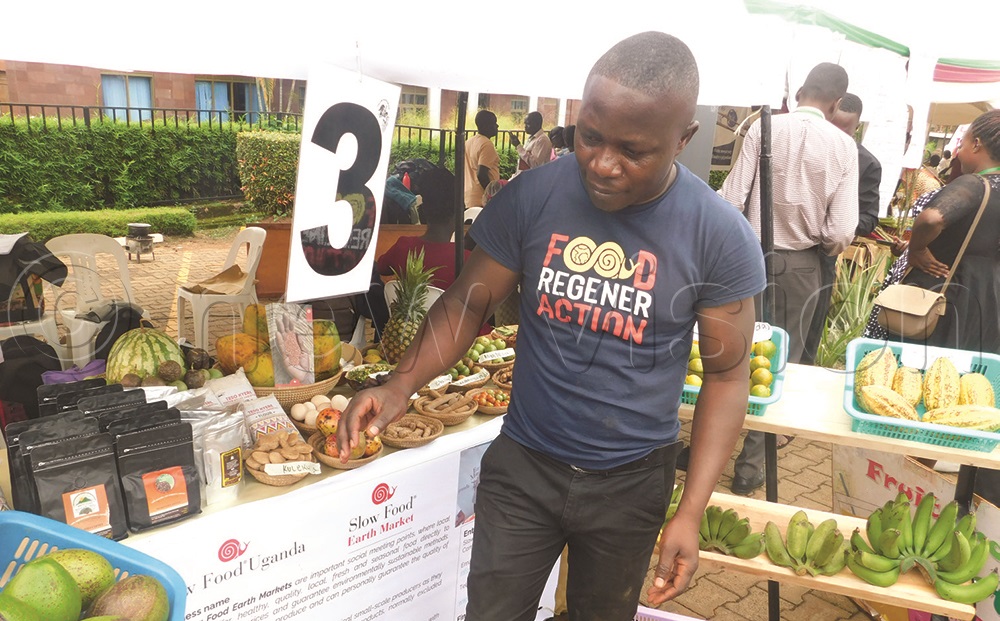The Government is reviewing the 2003 Food and Nutrition Policy to address emerging food safety concerns driven by changing consumption patterns, nutrition trends and urbanisation.
To combat rising child malnutrition in Uganda, Civil Society Organisations have urged the government, through the agriculture ministry, to integrate agroecology into the new food policy.
Agroecology is a sustainable farming system that incorporates nature.
Uganda has the potential to ensure access to healthy and safe food for all, while protecting the environment, according to Josephine Akia Luyimbazi, the country coordinator of Participatory Ecological Land Use Management (PELUM).
Luyimbazi urged the agriculture ministry to draft policy frameworks that promote equitable food distribution countrywide.
She made the remarks during the consultative meeting about the review of Uganda’s National Food Policy held at Fairway Hotel in Kampala, recently.
The meeting attracted smallholder farmers, pastoralists, civil society actors, researchers, indigenous knowledge holders and food system advocates, among others.

As experts review the national food policy, Luyimbazi poses critical questions: “Whose foodsystems are we promoting?”
“Whose voices are shaping the policy direction?”
“Are we safeguarding our indigenous crops, traditional foods, agroecological knowledge, and the rights of small-scale producers?”
She advocated for a people-led food system. This, Luyimbazi explains, requires a policy framework that upholds agroecology, local food diversity, farmer rights and ecological balance.
She emphasised that policy transformation starts with bold and united voices.
“The review of the National Food Policy is an opportunity to shift our food systems toward one that serves our people, our planet and future generations,” Luyimbazi stated.
Aside from agroecology, the new policy should address under nutrition, climate change adaptation and mitigation, among others.
This is according to the assistant commissioner, food and nutrition security in the agriculture ministry, Alex Bambona.
“Climate change affects us all, with unpredictable rainfall patterns, floods, dry spells and increased pest and disease outbreaks. The population has grown significantly since the policy was developed 20 years ago, leading to shifts in consumption patterns and the food economy,” Bambona explained.
Current food policy review
The previous policy met its targets, but it lacked implementation, according to Dr Joseph Ssekandi, a senior lecturer at Uganda Martyrs University.
While reviewing this policy, Ssekandi advised: “The agriculture ministry should target farmers, but also focus on areas where they have a competitive advantage. Instead of importing fertilisers from Russia, we should work with green systems to build soil diversity through composting, mulching and ensuring proper terracing. This approach will help us produce highly consumable food.”
The general coordinator of the Alliance for Food Sovereignty in Africa, Dr Million Belay, emphasised the need for stakeholder engagement, knowledge mobilisation and advocacy in the review process, considering shifting nutrition trends.
The principal analyst at the agriculture ministry, Irene Odongtho, said they are reviewing the policy with a holistic lens.
Odongtho noted: “We are assessing its effectiveness over the years and exploring ways to make it more relevant.”
LEAD PHOTO CAPTION: Some of the indigenous seed variety produced under agroecology practices. Photos by Juliet Kasirye
Buy and sell commodities in Africa, Europe and Asia through the Famunera app.





